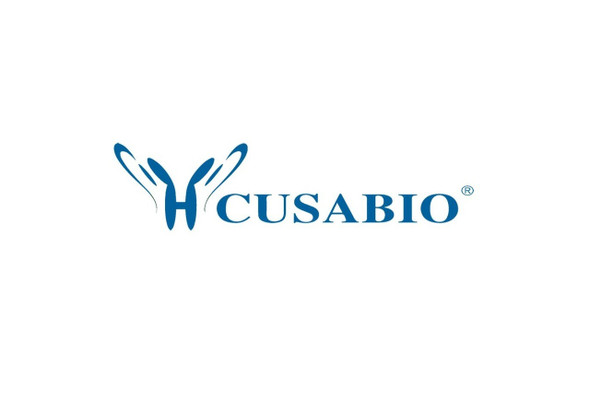Cusabio Polyclonal Antibodies
MMP17 Antibody | CSB-PA959529
- SKU:
- CSB-PA959529
- Availability:
- 3 to 7 Working Days
Description
MMP17 Antibody | CSB-PA959529 | Cusabio
MMP17 Antibody is Available at Gentaur Genprice with the fastest delivery.
Online Order Payment is possible or send quotation to info@gentaur.com.
Product Type: Polyclonal Antibody
Target Names: MMP17
Aliases: matrix metallopeptidase 17 (membrane-inserted)
Background: Proteins of the matrix metalloproteinase (MMP) family are involved in the breakdown of extracellular matrix in normal physiological processes, such as embryonic development, reproduction, and tissue remodeling, as well as in disease processes, such as arthritis and metastasis. Most MMP's are secreted as inactive proproteins which are activated when cleaved by extracellular proteinases. The protein encoded by this gene is considered a member of the membrane-type MMP (MT-MMP) subfamily. However, this protein is unique among the MT-MMP's in that it is a GPI-anchored protein rather than a transmembrane protein. The protein activates MMP-2 by cleavage.
Isotype: IgG
Conjugate: Non-conjugated
Clonality: Polyclonal
Uniport ID: Q9ULZ9
Host Species: Rabbit
Species Reactivity: Human
Immunogen: Synthetic peptide of human MMP17
Immunogen Species: Human
Applications: ELISA, WB
Tested Applications: ELISA, WB;ELISA:1:2000-1:5000, WB:1:500-1:2000
Purification Method: Antigen affinity purification
Dilution Ratio1: ELISA:1:2000-1:5000
Dilution Ratio2: WB:1:500-1:2000
Dilution Ratio3:
Dilution Ratio4:
Dilution Ratio5:
Dilution Ratio6:
Buffer: -20°C, pH7.4 PBS, 0.05% NaN3, 40% Glycerol
Form: Liquid
Storage: Upon receipt, store at -20°C or -80°C. Avoid repeated freeze.
Initial Research Areas: Cardiovascular
Research Areas: Cancer;Cardiovascular;Cell biology;Signal transduction









